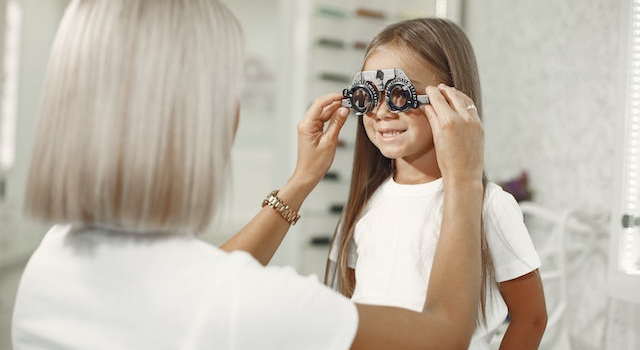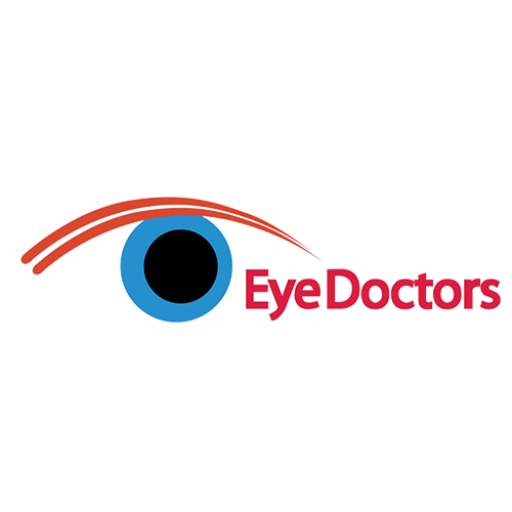
As we approach the back-to-school season in July, it's a great time to focus on an important aspect of children's health: their vision. At Eye Doctors, we understand that a child's ability to see the world clearly is not just about good vision. It is also critical to their learning and overall development.
We will explain the differences between comprehensive eye exams and basic vision screenings. This will help parents and educators make informed decisions about eye care.
The Difference Between Eye Exams and Screenings
Proper sports eyewear does more than just protect your eyes from injury. It can significantly enhance your performance by improving vision clarity and contrast. This reduces glare and protects against UV rays and environmental elements like dust and wind.
Factors to Consider When Choosing Sports Eyewear
Comprehensive Eye Exams
These are thorough assessments conducted by an optometrist or ophthalmologist. A comprehensive eye exam evaluates not only vision but also the eyes' overall health. These exams can detect eye conditions and diseases that may not show obvious symptoms early on. This includes issues like glaucoma, cataracts, and retinal problems.
Vision Screenings
Vision screenings are basic checks that identify children who need a more comprehensive eye examination. Schools or pediatric offices often conduct them. While useful, screenings are limited and can miss more subtle vision problems or underlying health issues.
The Role of Vision in Learning and Development
Good vision is a foundation for learning. Children use their eyesight to read, write, use computers, and engage in all classroom activities. If a child struggles to see clearly, it can affect their concentration, retention, and interest in learning. Regular comprehensive eye exams ensure children have the visual tools they need to succeed in school and beyond.
Here are some signs that your child may need an eye exam:
- Squinting or excessive blinking
- Avoiding activities that require near vision, such as reading, or distant vision, like participating in sports
- Frequent headaches or eye strain
- Covering one eye or tilting their head to see better
Educating parents and guardians about these signs can lead to timely interventions. This can potentially save children from prolonged discomfort and developmental delays.
Request a Children’s Eye Exam
Understanding the difference between an eye exam and a vision screening is crucial for parents and educators. As we prepare for the new school year, consider requesting a comprehensive eye exam for your child at Eye Doctors. Let's ensure our children have the necessary visual resources to learn and grow effectively. Remember, good vision leads to a better learning experience.

